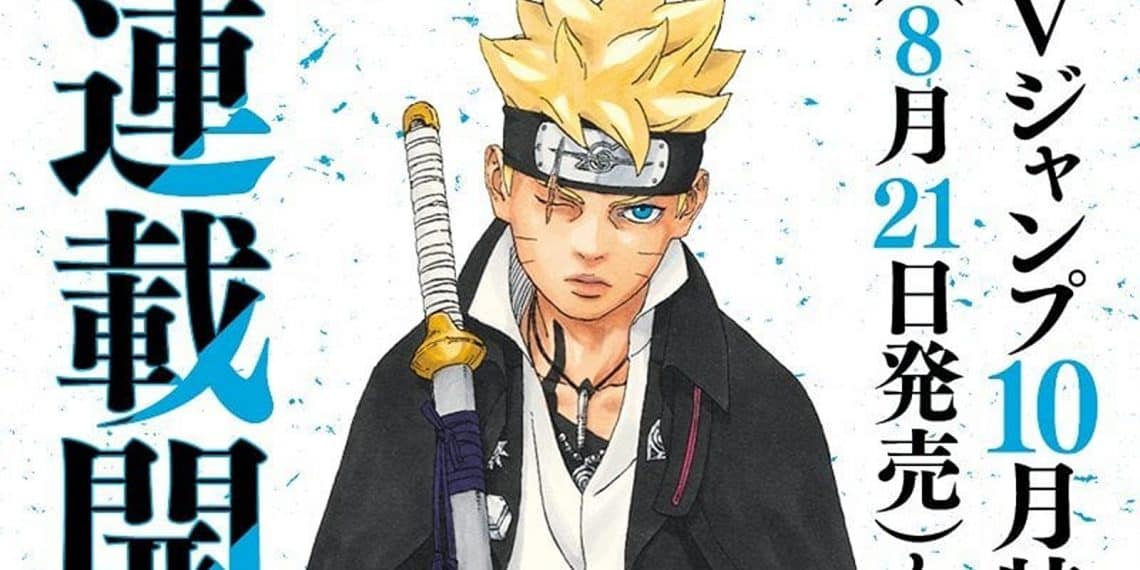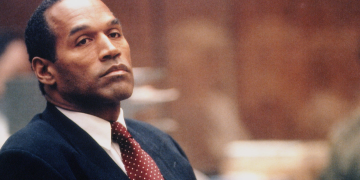The clash between Boruto and the antagonist Kawaki in Boruto: Two Blue Vortex raises poignant questions about the series’ reliance on familiar Shonen hero tropes, potentially hindering its quest for narrative maturity.
The recent developments in Chapter #7 unveil the intricate dynamics between Boruto and Kawaki, setting the stage for a climactic battle atop the remnants of Konoha.
However, Boruto’s inclination towards forgiveness, reminiscent of Naruto’s past struggles with Sasuke, raises concerns about the sequel’s narrative evolution.
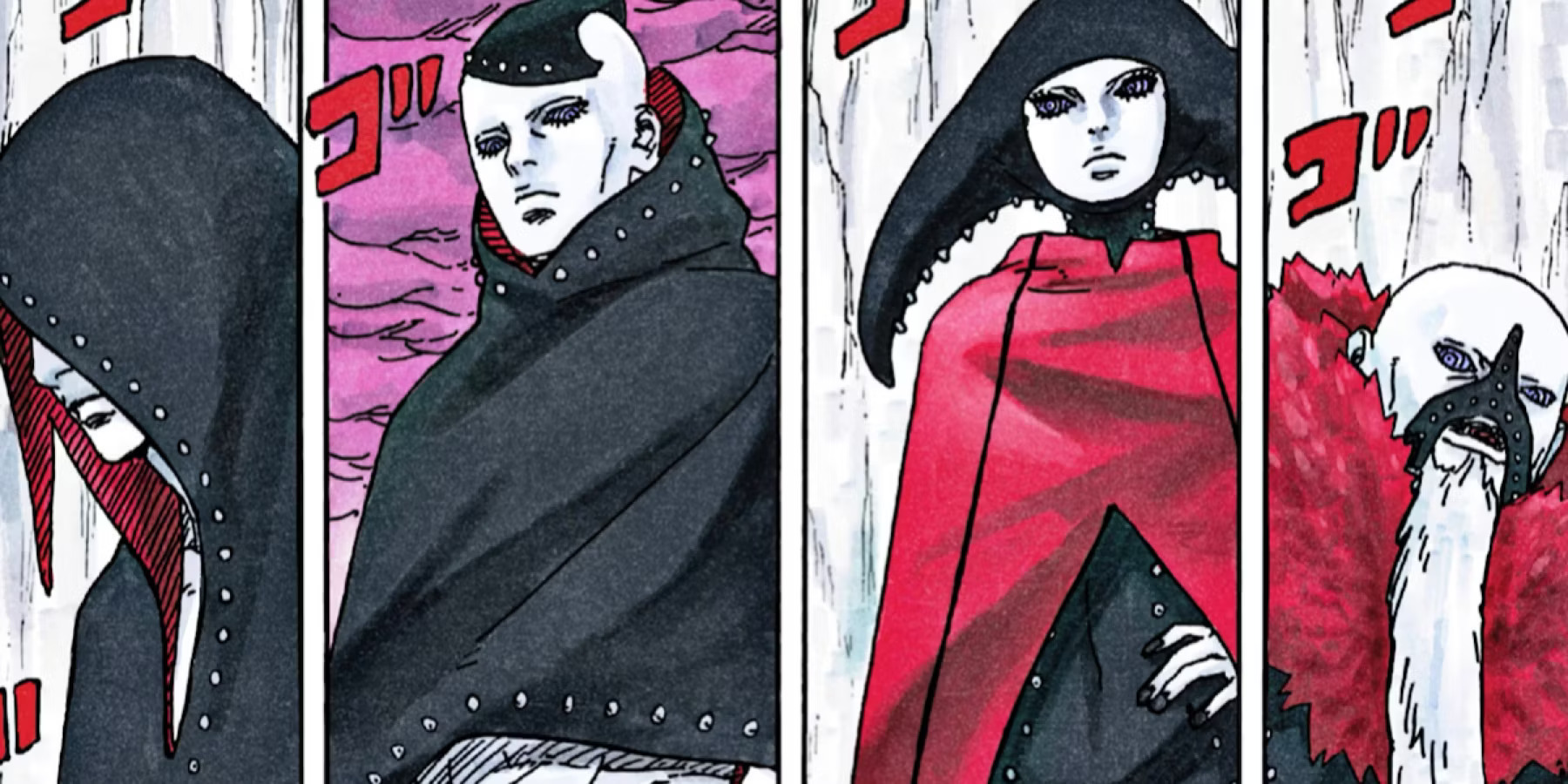
The disappointment stems from the sequel series seemingly mirroring the well-worn path of its predecessor, inhibiting the emergence of a more nuanced and complex storyline.
Shikamaru’s intervention in response to Boruto’s actions, as detailed in the manga panels of Two Blue Vortex Chapter #7, sheds light on the underlying tensions.
Shikamaru’s suggestion to eliminate Kawaki reflects the gravity of the situation, prompting a conflict of ideals between pragmatic justice and Boruto’s optimism.
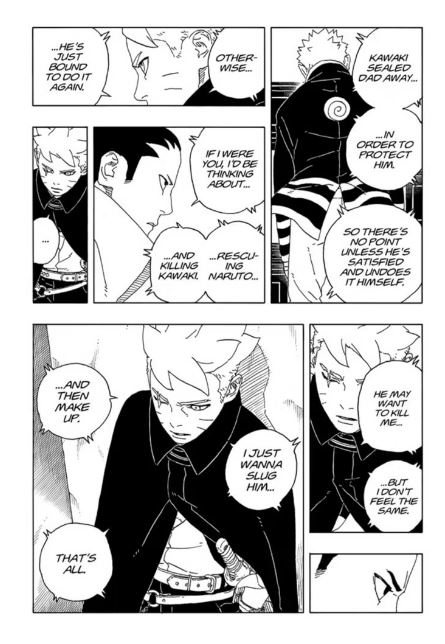
This clash adds layers to the narrative but also accentuates the series’ struggle to break free from established Shonen norms.
Boruto’s perplexing decision to forgive Kawaki, despite the heinous acts that have shattered Naruto’s family and impacted their lives deeply.
The narrative echoes the Shonen tradition of the protagonist choosing the moral high ground, a plot device that risks predictability and prevents the series from embracing a more intricate and unpredictable path.
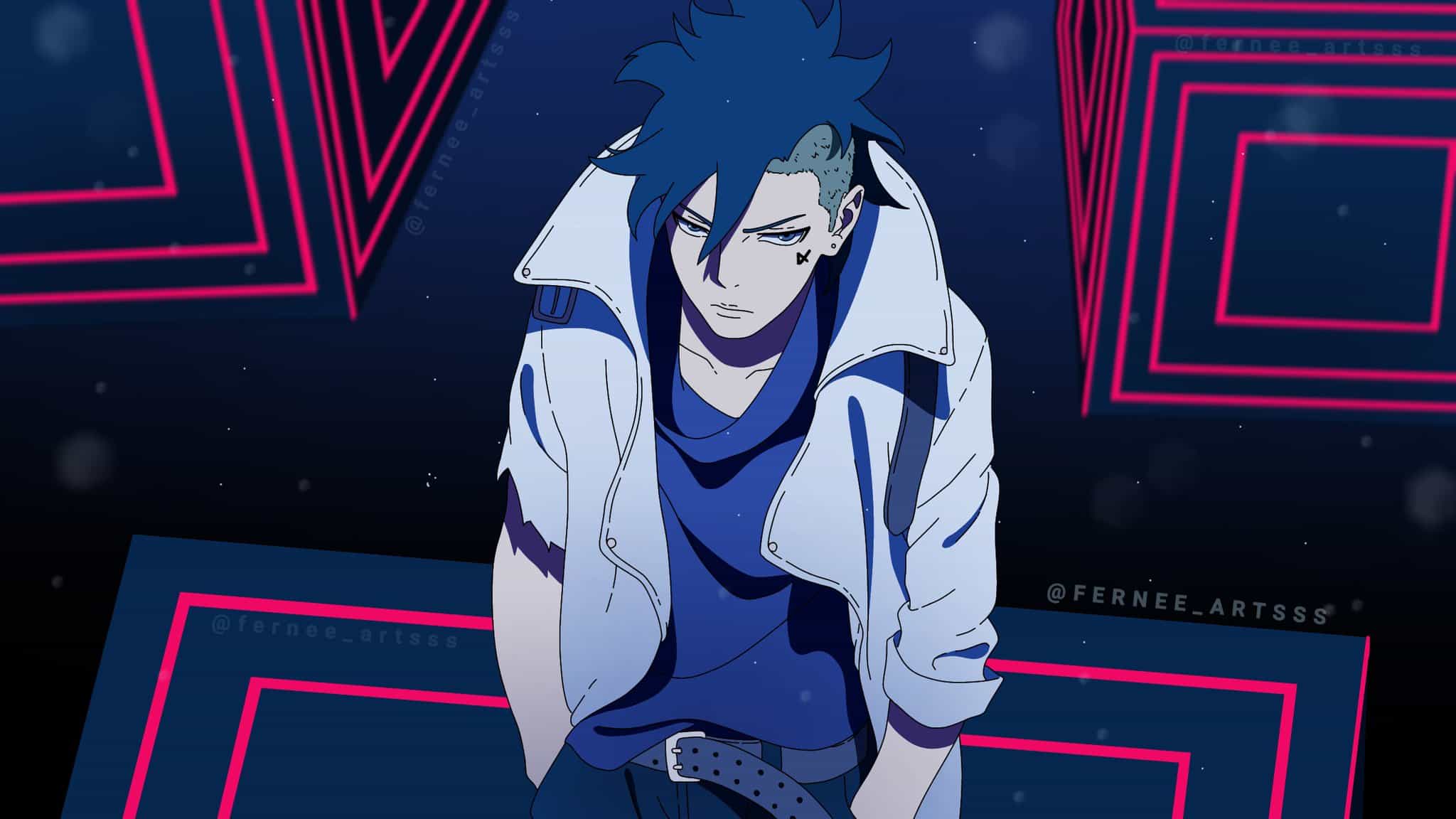
The consequences of Kawaki’s actions, particularly his sealing of Naruto and Hinata and the framing of Boruto for a fabricated murder, underline the severity of his transgressions.
Despite the personal toll on Boruto’s family, the protagonist’s inclination to forgive mirrors past Shonen resolutions, sparking a debate about the series’ missed opportunity to explore darker and more complex narrative avenues.


